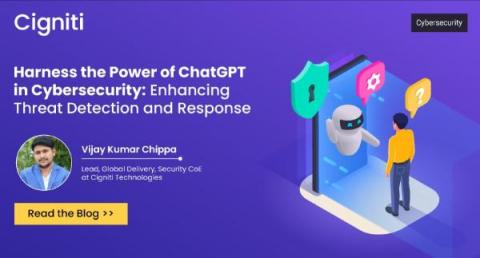Systems | Development | Analytics | API | Testing
Cigniti
Optimizing Quality Assurance: Harnessing the Power of AI for Efficient and Effective Software Testing
Cigniti's CFO Shares Q3 FY24 Performance Insights on NDTV Profit
The Role of BIAN in Open Banking and Composable Banking
6 Reasons Behind the Rise of Platform Engineering
The State of Software Quality Report 2024 - 25: Your Insights Shape the Future
15 Top Digital Engineering and Digital Assurance Trends to Follow in 2024
Harness the Power of ChatGPT in Cybersecurity: Enhancing Threat Detection and Response
Embracing Agile at Scale: Navigating the Evolution of Agile in Large Enterprises
The heightened demand for agile scaling across enterprises in contemporary times is underscored by several key factors, including the rapid pace of product changes within organizations, evolving customer expectations and market dynamics, the imperative of digital transformation and innovation, the risks associated with falling behind in competition, the inherent advantages of adopting agile methodologies, and the pressing need to adapt or face the consequences of obsolescence.
Revolutionizing Hurricane Property Insurance: The Dynamic Duo of Imaging Data and Generative AI
A catastrophe hazard is a severe and widespread event that causes significant damage and financial loss. These events are frequently natural disasters or large-scale human-made incidents that affect expansive and contemporary claims. Catastrophe hazards pose substantial trouble to insurers, as they can lead to a high volume of claims within a short period, potentially impacting insurance companies’ financial stability.











